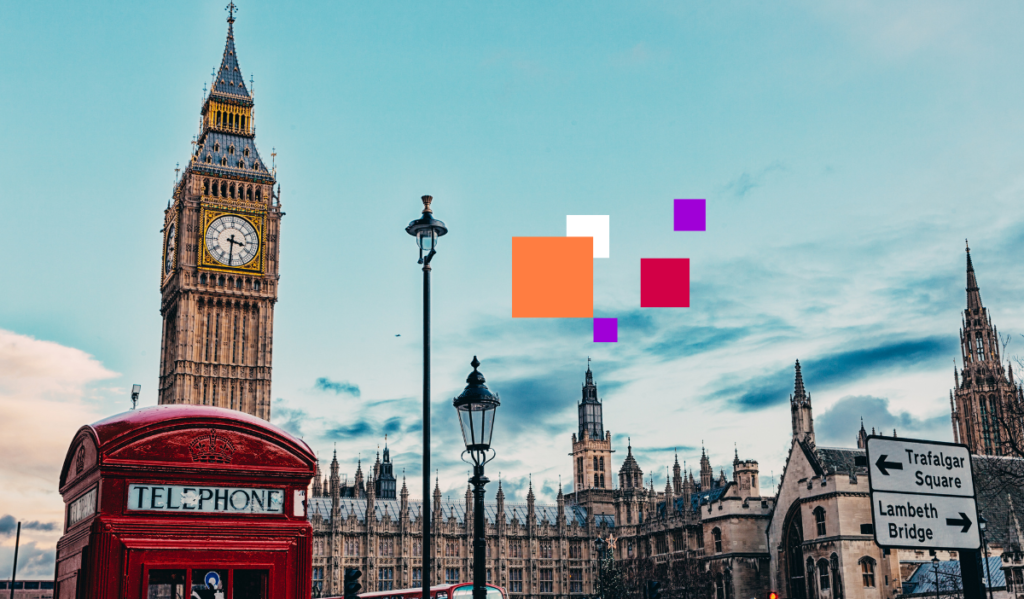The London-based organization Neurodiversity in Business aims for London to support neurodivergent individuals in all aspects of life, from employment and healthcare to transportation and education. Ensuring the city’s full neuroinclusivity encompasses multiple sectors and requires comprehensive solutions in urban infrastructure and services. The strategy’s principles are presented in the publication: “Neuroinclusive London – How to set a strategy for London to become the Neuroinclusive capital of the world.”
“We want London to become the most neuroinclusive city in the world. By creating a long-term neuroinclusivity strategy in London’s businesses, infrastructure, public services, and communities, we can set a gold standard for cities worldwide. The London Assembly recently voted on a motion to co-create a strategy to make London a more neuroinclusive city. This motion received unanimous support from all parties.” – Dan Harris, Neurodiversity in Business.
The strategy for a neuroinclusive city covers several areas:
Employment
- Inclusive recruitment practices: Development of more inclusive recruitment processes that cater to the needs of neurodivergent individuals, including adjusting job descriptions, recruitment procedures, and onboarding processes.
- Workplace accommodations: Introducing reasonable accommodations in the workplace, such as flexible working hours and sensory-friendly environments to support neurodivergent employees.
- Employee retention strategies: Establishing support systems, such as mentoring programs and continuous training for managers, to understand and respond to the needs of neurodivergent employees.
Healthcare
- Accessible services: Improving access to healthcare services for neurodivergent individuals, including mental health support and specialized care for conditions like ADHD and autism.
- Training for healthcare workers: Ensuring that medical staff receive training on neurodiversity to better care for and support neurodivergent patients.
- Support systems: Creating support networks and advisory services to help neurodivergent individuals navigate the healthcare system.
Justice system
- Awareness and training: Increasing awareness and training for personnel in the justice system to recognize and appropriately interact with neurodivergent individuals.
- Consistent diagnostic tools: Implementing consistent diagnostic tools to identify the needs of neurodivergent individuals at various stages of the justice process, from arrest to probation.
Education and training
- Inclusive educational environments: Adapting educational environments to be more inclusive, for example, through flexible teaching methods and accessible educational technologies.
- Teacher training: Providing teachers and educators with the necessary training to effectively support neurodivergent students.
Vocational training: Offering training and mentoring programs that help neurodivergent individuals transition from education to employment.
Transport and infrastructure
- Accessible transport: Improving the accessibility of public transport for neurodivergent individuals, for example, by providing clear, easy-to-understand information and reducing sensory overload in transport environments.
- Inclusive infrastructure: Designing public spaces that are inclusive and welcoming, with amenities such as quiet zones and sensory-friendly environments.
- Universal design principles: Applying universal design principles to create built environments that are accessible to everyone, including neurodivergent individuals.
Entertainment and hospitality
- Sensory-friendly environments: Adapting sensory environments in entertainment and hospitality venues to be more comfortable for neurodivergent guests, for example, by adjusting lighting and sound levels.
- Inclusive events: Planning events with accessibility in mind, providing clear instructions and flexible seating arrangements.
Recommendations and further steps
The report includes several recommendations to achieve these goals:
- Mayor’s leadership: Encouraging the Mayor of London to provide leadership and promote neuroinclusivity throughout the city.
- Collaboration: Forming a coalition of experts, industry leaders, and community organizations to implement the neuroinclusive agenda.
- Continuous improvement: Regularly reviewing and updating strategies and policies based on feedback from neurodivergent individuals and their families.
The recommended strategies are subject to public consultation led by Neurodiversity in Business. By listening to the needs of neurodivergent individuals and implementing appropriate strategies, the initiative’s creators and city officials aim for London to set a global standard for a neuroinclusive city, meaning a city truly friendly to all its residents and visitors.
Link to the publication: Neuroinclusive Cities: London – Draft Report for Consultation – Neurodiversity in Business

